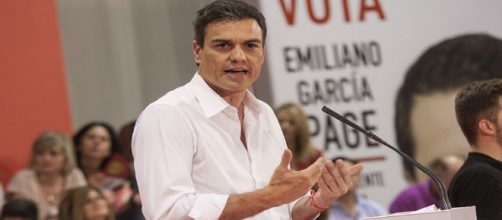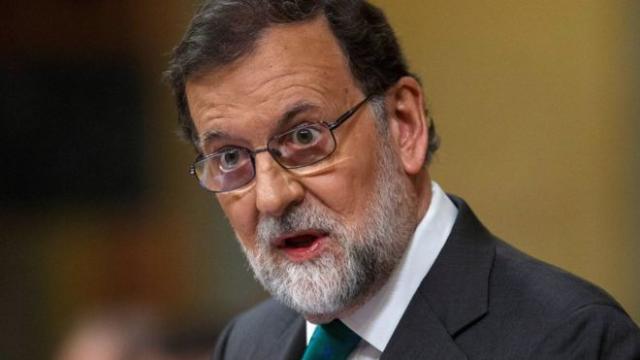Mariano Rajoy yesterday was ousted as Spain’s Prime Minister after a vote of confidence gained the support of 180 MPs, four more than the required 176. Spanish law dictates that there should be no vacuum of power, meaning the opposition gets given the chance to form a government and this means the leader of the Socialist party PSOE, Pedro Sánchez, will now become the Prime Minister but he has pledged that they will hold an early general election, possibly this year.
The fact that Sánchez has been able to get himself back into this position is remarkable, after he regained the leadership a year ago.
This was after a coup that was led by the right wing of the party saw him deposed over his refusal to allow Rajoy back into office after two inconclusive general elections.
The difficult tasks ahead
Sánchez has a difficult task ahead of him with a flailing economy, deep systemic corruption within the government and the divisions over the Catalonia crisis. Fixing the economy is going to be no easy task, however, despite being pro-EU; he mustn’t push austerity because it has failed across the world and it is ideologically and economically spent.
But this is going to be difficult because with the support of Rajoy, former PM José Luis Rodríguez Zapatero was the first to sacrifice the welfare of ordinary Spaniards by imposing eurozone austerity through changing the constitution to turn strict budget control into a mandate by any who govern, along with the imposition of internal devaluation which is based on job and salary cuts.
Furthermore, in the lower legislative house, he is not a member and the parliamentary group of his party is small and whilst he controlled the largest opposition, they aren’t a majority in parliament (just 84 PSOE deputies), making it all the more difficult to push through legislative changes, especially in regards to the constitution.
He will require support from other parties but the prospect of him building any ad-hoc coalitions is slim due to the fact that multiple opposition members have dubbed his government “Frankenstein” (side note, I dislike the use of ‘Frankenstein’ as I am all too well aware of the inaccuracy of the description, as I presume they are referring to Frankenstein’s monster).
Catalonia crisis and reform
Resolving Catalonia is going to be a monumental task and he did support Rajoy’s policy of implementing direct rule on the region but called for dialogue with the separatists. There is little that can be judged at this point in time but what he has said is that he will implement the budget that was recently passed despite his party’s opposition towards it, to try and gain the support from the Basque nationalists’ deputies.
The heart of the Catalonia crisis stems from the 2006 Statute of Autonomy in Catalonia, which was passed in the Catalan Parliament and ratified by the Spanish one which then was put to the people in a referendum that passed 78 to 22 percent. But when the government in Madrid changed from the Socialist PSOE to the Conservative hard-line PP, they forcibly overturned the result through the Spanish courts.
But the original referendum reflected that the majority believe Catalonia to be a nation within a nation.
There needs to systemic reform across the country and that won’t happen with the current political class and they understand this and that is why, it will be unlikely that oppositions will call for a general election because it doesn’t create much clarity other than, ordinary Spaniards are fed up with the regimes and that Pedro Sánchez is probably another centrist poster boy like Emmanuel Macron.



